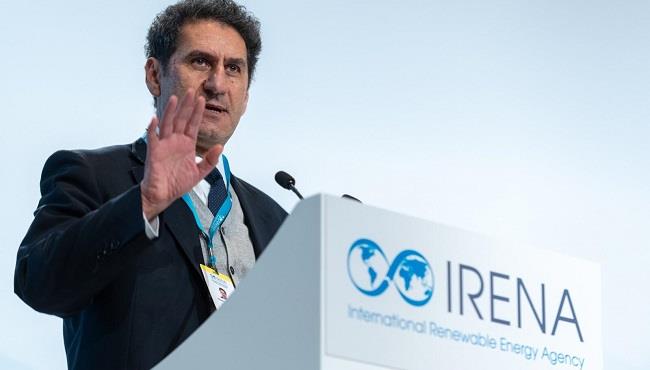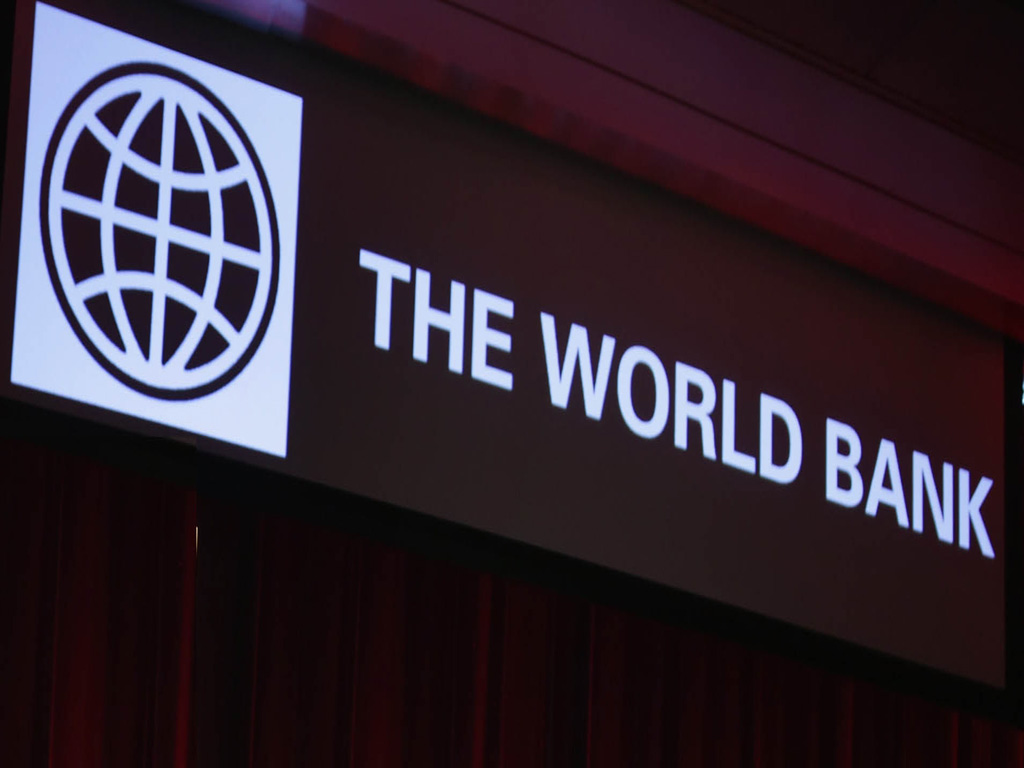Key highlights
- The International Renewable Energy Agency (IRENA) has said that Africa accounted for only 1% of additional renewable energy investments in 2022.
- This low investment rate is affecting capacity, especially in power generation and distribution to unserved areas.
- IRENA has outlined certain factors that emerging economies should have in order to attract much-needed renewable energy investments.
In its March 2023 World Energy Transitions Outlook preview, the International Renewable Energy Agency (IRENA) has said that Africa accounted for only 1% of additional renewable energy investments in 2022. IRENA highlights the fact that in 2022, Africa held one of the least investments in renewable energy. The outlook stated:
“85% of global renewable energy investment benefited less than 50% of the world’s population. Africa accounted for only 1% of additional capacity in 2022. IRENA’s Global landscape of renewable energy finance 2023 confirms that regions home to about 120 developing and emerging markets continue to receive comparatively little investment.”
The outlook preview noted that more investments need to flow into developing and emerging markets to make the energy transition more inclusive. According to IRENA Director General, Francesco La Camera, there must be a fundamental shift in developing nations. He said:
“We must rewrite the way international cooperation works. Achieving the energy transition requires stronger international collaboration, including collective efforts to channel more funds to developing countries. A fundamental shift in the support to developing nations must put more focus on energy access and climate adaptation.
“Moving forward, multilateral financial institutions need to direct more funds, at better terms, towards energy transition projects and build the physical infrastructure that is needed to sustain the development of a new energy system.”
Nigeria is focused on exploring and producing fossil fuels and renewables to close current energy access gaps of up to 90 million people across the country. Although the country is yet to receive increased renewable energy investments like other sub-Saharan African countries, it is important to focus on factors that could ramp up and give a clear sign to investors that the market is viable and also ramp up investments.
According to IRENA, these factors include:
Physical infrastructure
There needs to be the presence of forward-looking planning, modernization, and expansion of supporting infrastructure on land and sea to facilitate the development, storage, distribution, transmission, and consumption of renewables. It should facilitate national, regional and global strategies for new supply-demand dynamics and promote equity and inclusion.
Policy and regulatory enablers
The government needs to focus on the design of policy and regulatory frameworks that facilitate the deployment, integration, and trade of renewables-based energy, shape socio-economic outcomes and promote equality. These need to enable different levels of the energy transition, from local to global, and account for new supply-demand dynamics.
Well-skilled workforce
There should be capacity among institutions, communities, and individuals to acquire the requisite skills, knowledge, and expertise to drive and sustain the energy transition. An integral aspect of this will be ensuring that communities are well informed of, and able to exercise, their rights as critical transition stakeholders, and harness its benefits.















